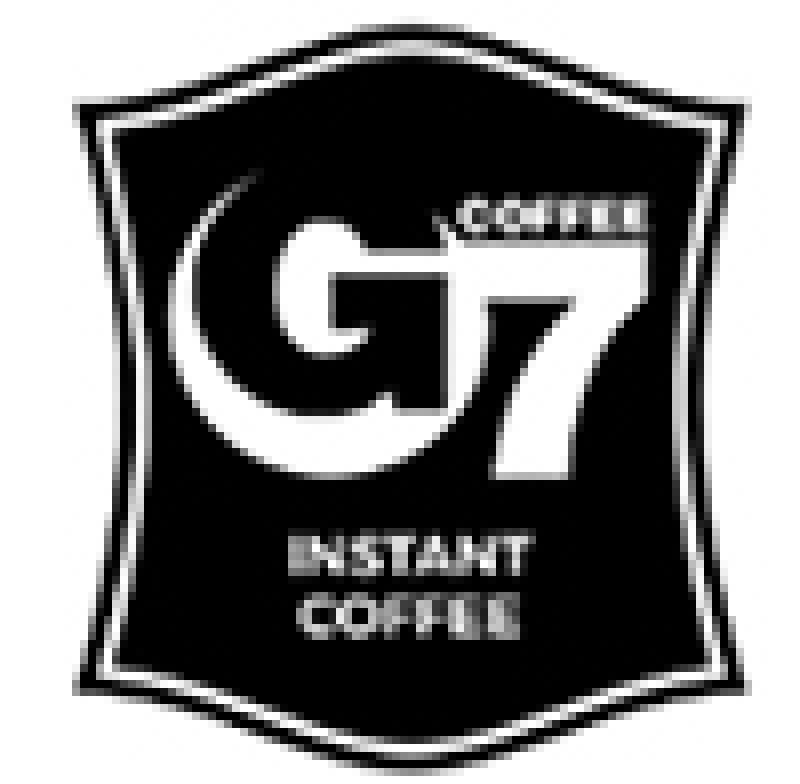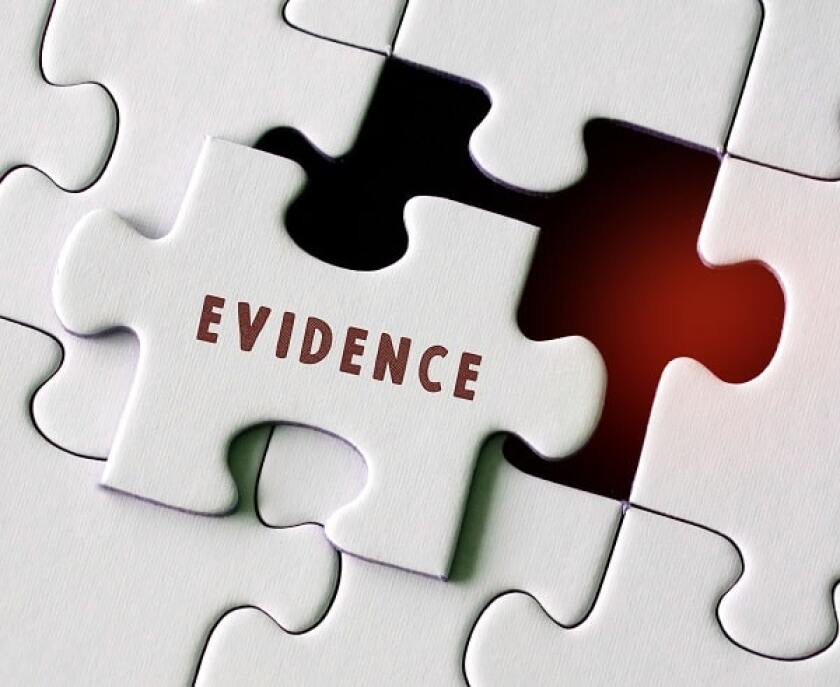A recent trademark decision by the Intellectual Property Office of New Zealand (IPONZ) reveals the importance of submitting reliable and probative evidence in invalidation proceedings, even when the invalidation proceedings are undefended by the trademark owner.
The decision confirms that IPONZ regards trademark registrations as important property rights that will not be invalidated unless the applicant makes out a true prima facie case for invalidity.
Case summary

Cong Ty Co Phan Dau Tu Trung Nguyen (the applicant) applied to invalidate trademark registration 1067280 (G7 logo) in the name of Le Hoang Diep Thao (the registered owner) on the grounds that the applicant was the first user and lawful owner of the G7 logo and that the following applied:
Use of the G7 logo would be likely to deceive or confuse given the applicant’s common law rights in the G7 logo.
The registered owner’s use of the G7 logo is contrary to New Zealand law because it would constitute passing off and would amount to a breach of the Fair Trading Act 1986.
The applicant is the true owner of the G7 logo and the registered owner is not entitled to claim to be the owner of the logo.
The registered owner applied for registration of the G7 logo in bad faith.
The registered owner did not defend the registration. The assistant commissioner (AC) held that the applicant had not provided sufficient evidence to make out a prima facie case of invalidity of the G7 logo on any of the grounds claimed. Thus, the application for a declaration of invalidity was refused.
Evidence submitted by the applicant
To support its application for invalidity, the applicant provided as evidence:
printouts of website pages for www.vietnamesecoffee.co.nz (allegedly the applicant’s New Zealand website);
representations of packaging containing some form of the stylised G7 logo;
seven customer comments relating to its coffee products;
references to a physical delivery address for coffee in Te Awamutu; and
references to New Zealand telephone numbers.
Evidence not sufficiently reliable or probative
The AC held that the evidence provided did not make out a prima facie case for invalidity and identified the following main evidentiary issues:
According to the applicant, www.vietnamesecoffee.co.nz was the website of its New Zealand distributor. However, the distributor was not named, and the applicant provided no evidence of any agreement between itself and www.vietnamesecoffee.co.nz.
The applicant did not submit evidence regarding consumer awareness of www.vietnamesecoffee.co.nz.
It is not clear whether the products on www.vietnamesecoffee.co.nz were those of the applicant, the registered owner, or a third party.
The applicant did not submit any invoices, receipts, sales numbers, advertising spend, number of visitors to the website or other evidence on which the inference of reputation for the G7 logo mark could be made.
Although the applicant provided evidence of online customer comments, the comments did not make direct reference to the G7 logo.
The statutory declaration did not include a statement that the declarant had personal knowledge of the matters being declared and so had no probative weight.
The AC found that the applicant had not met the onus of establishing a reasonable prima facie case for any of the grounds of invalidity and dismissed the application.
This case reveals the importance of submitting reliable and probative evidence in invalidation proceedings and may serve as a guideline for the type of evidence that will be considered persuasive by IPONZ.











